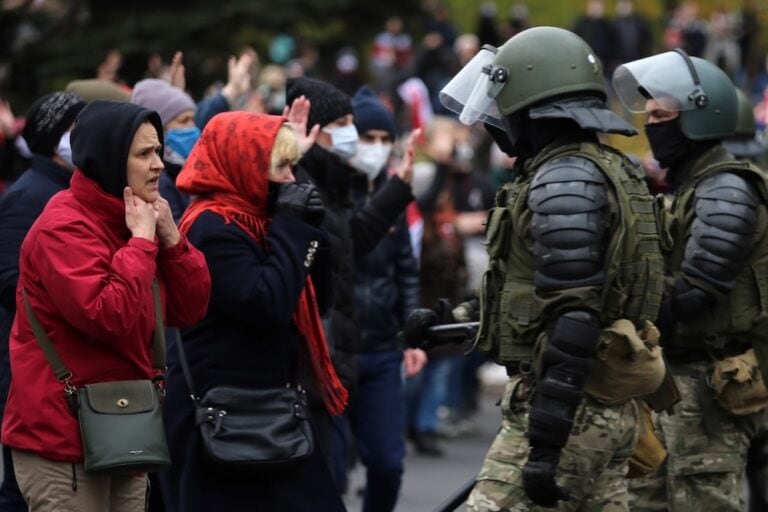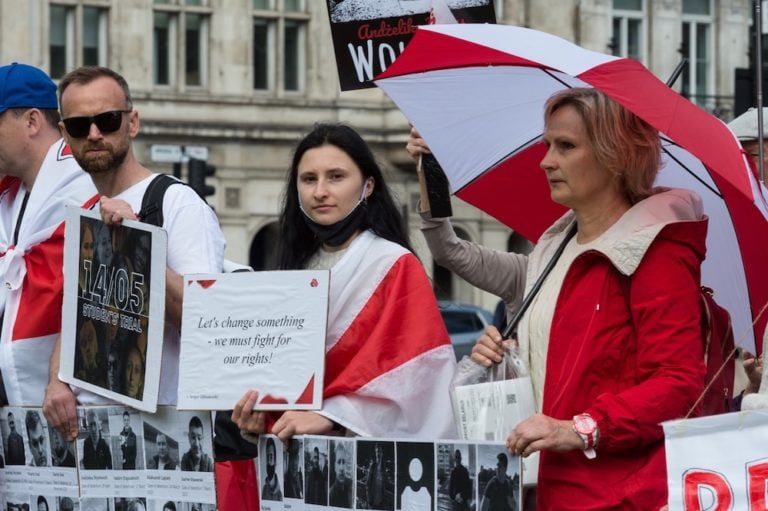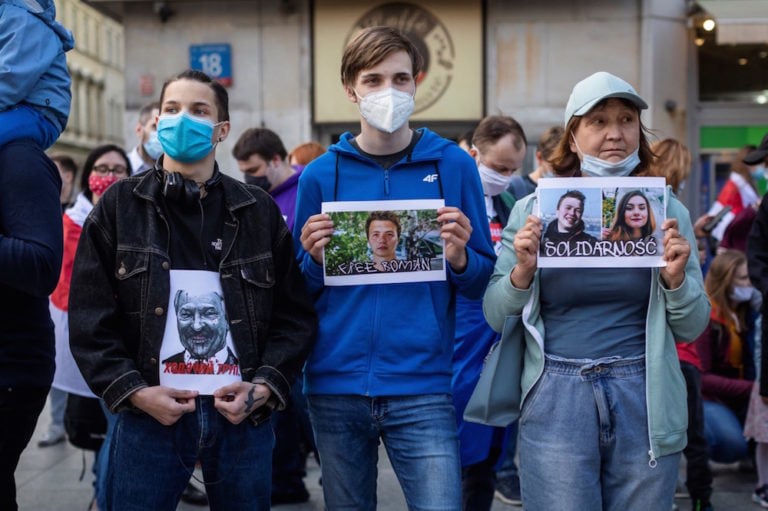The Lithuanian intelligence services tapped the phones of at least 17 journalists with Vilnius-based Baltic News Services on a prosecutor’s orders in 2013 and 2014, it was learned this month. Officials also questioned journalists and seized computers in a bid to identify the source of a leak.
The Lithuanian intelligence services tapped the phones of at least 17 journalists with Vilnius-based Baltic News Services (BNS) on a prosecutor’s orders in 2013 and 2014, it was learned this month. Officials also questioned journalists and seized computers in a bid to identify the source of a leak.
No official reason has so far been given but it was clearly prompted by a BNS story in October 2013 that was based on a leaked classified intelligence report about Russian political manoeuvring designed to destabilize the Lithuanian government.
Shortly after the story’s publication, the police questioned six journalists, seized computers, and searched the home, car and garage of one of the journalists, who filed a complaint. As a result of the complaint, a Vilnius court ruled in December 2013 that the methods used by the intelligence services were illegal.
In the same ruling, the court also ordered the judicial authorities to disclose the methods used to identify BNS’s source for the story. It was in compliance with this order that officials revealed the mass phone tapping on 17 June.
In a joint response on 18 June, BNS editor Vaidotas Beniušis and director Jurga Eivaitė said: “Mass wiretapping of journalists’ conversations is a gross violation of freedom of the press and is absolutely unacceptable in a democratic country based on the rule of law. The procedural coercive measures were disproportional, could have threatened to reveal confidential sources of information and violated the privacy of BNS employees without a valid reason.”
The recorded phone calls included conversations between BNS journalists and sources that had no relation to the leak investigation.
On 19 June, President Dalia Grybauskaite asked parliament to take measures to protect journalists from such “Soviet measures” as phone tapping, searches, seizure of equipment and other forms of surveillance.
Nonetheless, the government has done little to stop such abuses until now. Disciplinary proceedings should have been initiated against the prosecutor’s office in December, when BNS’s journalists were first questioned and their computers were confiscated.



